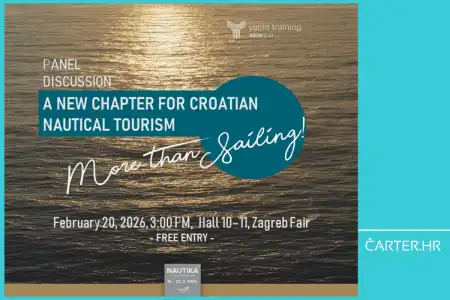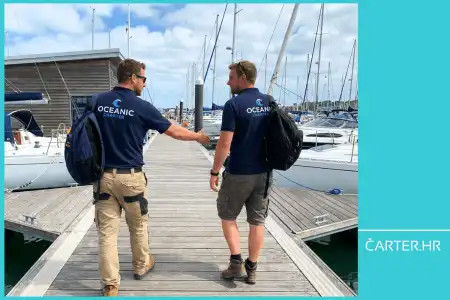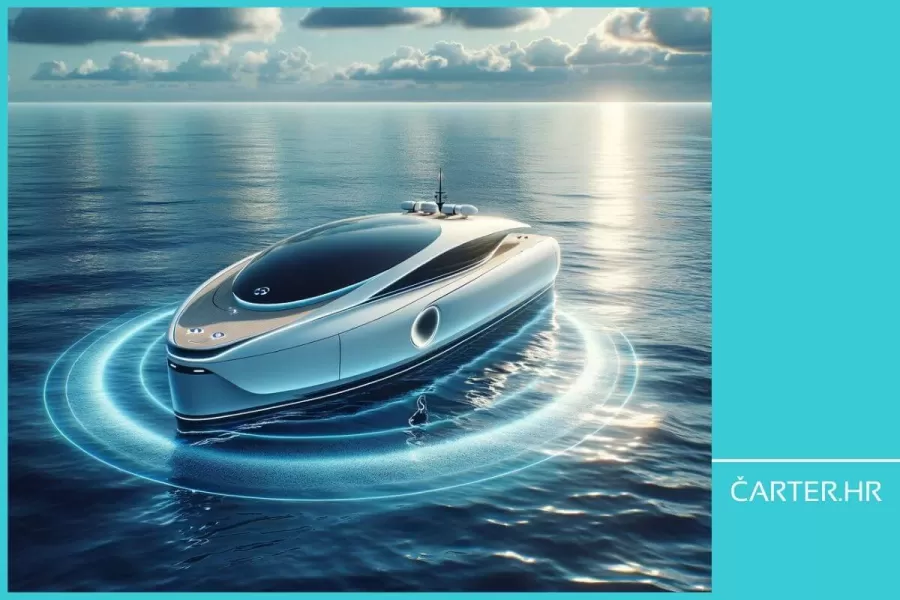
- 28.11.2023.
- News, Regulations
Autonomous ships are revolutionising the maritime industry, but they also bring with them numerous legal challenges - liability in the event of accidents, adjustments to legislation and the protection of privacy. At the same time, they open up the need for international cooperation. Katarina Ćosić writes about the challenges and questions posed by this innovation.
In the past few decades, technological advances have revolutionized the marine industry. One of the most exciting developments is the autonomous navigation of ships. This technological advance, however, raises a number of legal issues that require careful consideration to enable the safe, efficient and legal development of autonomous vessels.
Liability in the event of an accident - one of the key legal challenges
Traditional responsibility models, which are closely related to the human factor, are becoming obsolete with the advent of autonomous systems. The absence of the captain's physical presence on board creates a legal gap that requires careful analysis.
The question arises whether the manufacturer of the autonomous system should be primarily responsible for accidents or whether responsibility should be shared with ship owners or other participants in maritime transport. A clear definition of the chain of responsibility becomes necessary to ensure fair and efficient handling of accident cases.
In addition, it is necessary to consider how autonomous ships bring new dynamics to the process of determining the causes of accidents. While traditional accidents were often the result of human error or failure to follow safety procedures, autonomous ships introduce complex algorithms and artificial intelligence, raising the question of how legal authorities can accurately identify the cause of an accident and determine liability.
The answer to this question not only affects the companies that develop autonomous systems but also the entire maritime industry. Creating a legal framework that clearly defines liability in the event of an accident is extremely important for the sustainable development of autonomous ships and for building trust in their safety among all participants in maritime transport.
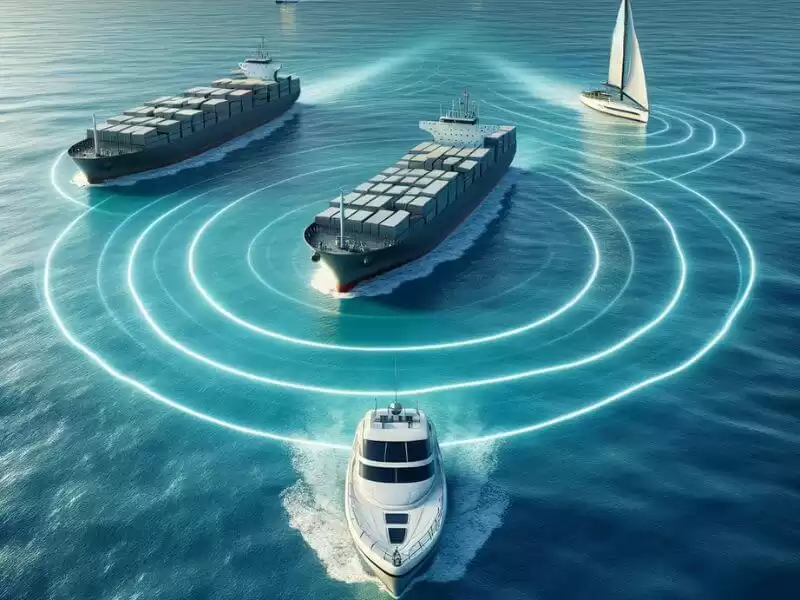
Maritime safety legislation in the era of autonomous ships
Legal issues extend to the area of legislation on maritime safety.
As autonomous ships develop and become part of global maritime traffic, it is necessary to establish appropriate legal frameworks to ensure the safety of the vessel and other participants in maritime traffic.
Adaptation of existing laws on maritime safety is one of the challenges, considering the specifics of autonomous systems. It is essential to consider how autonomous ships meet existing safety standards, but at the same time, recognize the need for new guidelines that will consider this technology's unique characteristics.
One of the main questions is who will be responsible for conducting inspections and monitoring the safety of autonomous ships. Will it be manufacturers of autonomous systems, ship owners or third-independent bodies? In this context, a clear division of responsibilities is crucial for maintaining the highest safety standards.
International cooperation also plays a significant role in the area of maritime safety legislation for autonomous ships. Given the global nature of maritime transport, convergence of regulations around the world is necessary to avoid disagreements and ensure consistent application of safety standards.
Overall, maritime security legal guidelines regarding autonomous ships must be agile and adapt to this technology's rapid development. Achieving a balance between supporting innovation and ensuring the highest safety standards is the ultimate goal in building a sustainable and safe future for autonomous ships.
Relevant issue – privacy of autonomous ships
Autonomous ships use various sensors and technologies for navigation, including gathering data about the environment. How this data is used, who has access to it and how it is stored became questions of great importance that must be considered when developing legal regulations.
International cooperation is necessary to solve these challenges. Maritime transport is a global activity, so coordination of legal frameworks around the world is essential to ensure consistent application of rules and standards.
International organizations such as the International Maritime Organization (IMO) play a crucial role in forming guidelines and standards for autonomous ships.
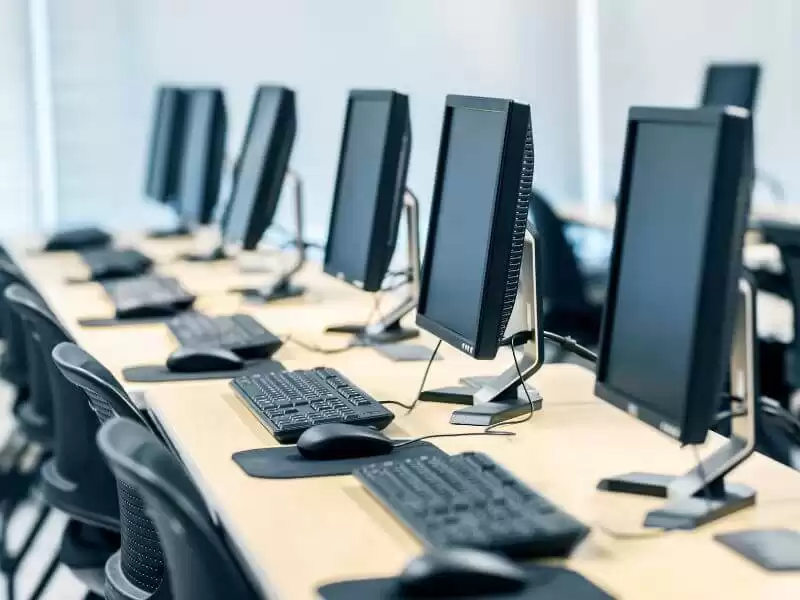
Training and certification of personnel responsible for management
Another significant challenge in the context of the development of autonomous ships concerns the training and certification of the personnel who will be responsible for the management of this new generation of vessels.
As traditional maritime skills gradually give way to digital and automated systems, the question is how to prepare maritime personnel to work in an environment where decisions are often left to artificial intelligence.
New skills and knowledge are becoming necessary elements of training for personnel to properly deal with the specifics of autonomous technology. This includes understanding the operation of sensors, data management, interpretation of information obtained from artificial intelligence, and the ability to react efficiently in emergencies when the autonomous system may require the intervention of a human factor.
The issue of certification becomes decisive because it includes the recognition of new skills and knowledge that are necessary for the efficient management of an autonomous ship. Setting standards for personnel certification and defining training programs to meet these standards requires careful coordination between industry, educational institutions and regulatory bodies.
It is important to emphasize that this training includes not only the officers on board but also the technical staff in charge of the maintenance and repair of the autonomous systems. This highlights the need for a wide range of educational programs covering different aspects of autonomous technology and supporting infrastructure.
Ultimately, proper training and certification of personnel are fundamental stages in the process of acceptance and successful implementation of autonomous ships. This aspect ensures safety and efficiency in the operation of autonomous systems. It helps maintain trust within the industry and among the users of these innovative maritime solutions.
Evaluation
The development of autonomous ships brings with it exciting technological possibilities but, at the same time, raises several legal challenges that require careful consideration.
These challenges include issues of accountability, security, privacy and international cooperation.
Developing appropriate legal frameworks is a necessary step towards integrating autonomous ships into global maritime traffic.
Categories of trends
- News
- Sale
- Marketing
- SEO
- Web design
- Social media
- Technology
- Regulations
- Management
- Education
- Finances
- User experience
Newsletter
Sign up for the newsletter and receive the latest trends and tips straight to your inbox

